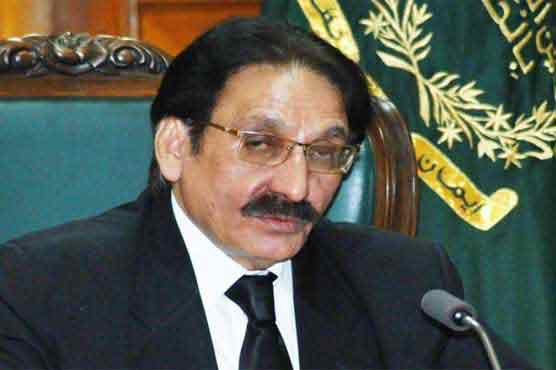SC names accused parties behind Karachi unrest

SC spoke of accused political parties in Karachi unrest and ordered removal of all no-go areas.

SC spoke of accused political parties in Karachi unrest and ordered removal of all no-go areas.